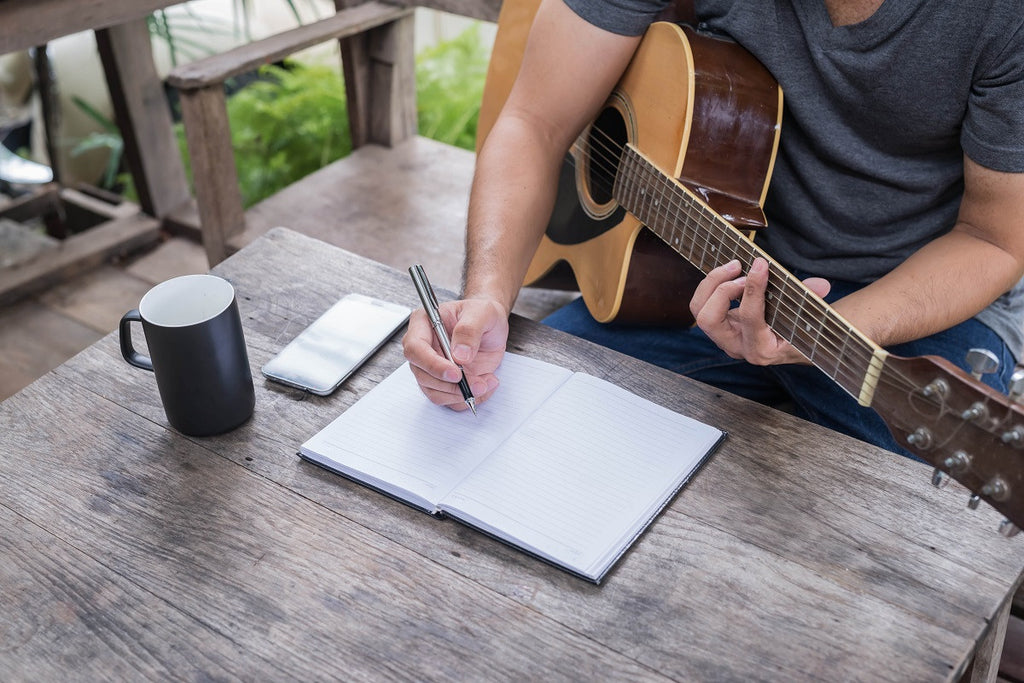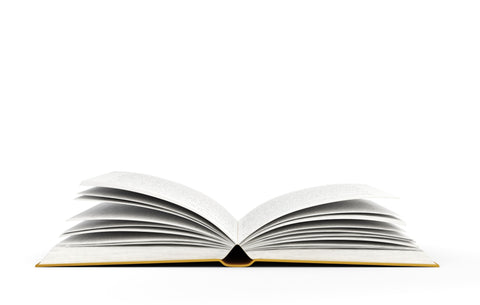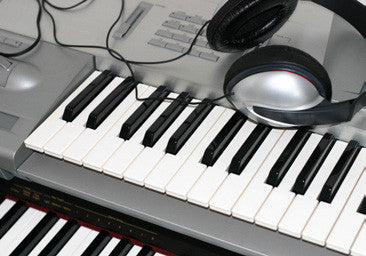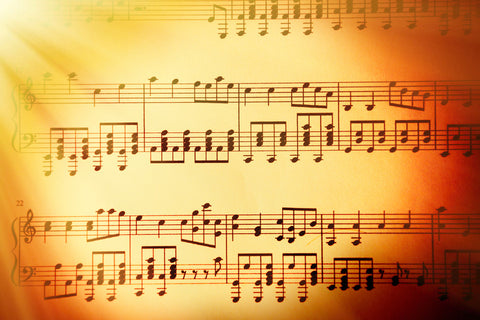
Composer, performer and audience
£9.95
In a recent Music Teacher resource (September 2015), we looked at dividing our planning for music education into ‘occasion, time and place’ rather than the more traditional ‘performing,composing and listening/appraising’. This alternative curriculum structure allowed us to gain a new take on some familiar projects.
Another alternative method of organising our schemes of work can be by looking at the connections between composer, performer and audience. In this resource, we will look at a variety of projects that you can use to organise your schemes of work in this manner.
Specifications
You will often see the relationship between composer, performer and audience mentioned in GCSE specifications. The current AQA specification is a particularly notable example, since it dedicates a chunk of the ‘subject content’ section to this particular topic. It lists the required knowledge for ‘composer, performer and audience’ as:
- intention, use, purpose
- commission, patronage
- technical/emotional demands
- amateur/professional performance
- performance practice, interpretation, improvisation
This wide list helps to narrow down what we mean by the concept of ‘composer, performer and audience’, but we could break it down still further. In short, we want pupils to understand that composers have to think about their performers and about the likely audience. Equally, as the second bullet point suggests, composers will often work to commission, and this can have a huge influence on the music that they create. An easy and effective way to teach pupils about the demands placed on composers is to replicate this environment in the classroom. As a result, the majority of the projects that follow will seek to do just that.
The inclusion of improvisation in the final bullet point provides us with a great opportunity. I often hear of teachers asking for support with teaching improvisation. As a result, one project looks at improvisation from the composer’s perspective. Giving pupils an understanding of how improvisation can be ‘composed’ will help actually doing it.




